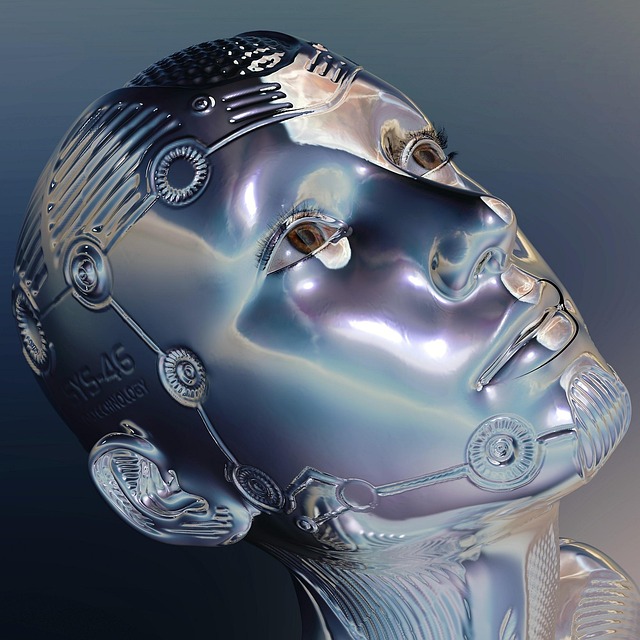
Artificial Intelligence in Education: Transforming the Future of Learning
Artificial Intelligence (AI) is rapidly reshaping various sectors, with education being one of the most significantly impacted. From personalized learning experiences to administrative efficiencies, AI's integration into education promises a transformative shift in teaching and learning methodologies.
The Rise of AI in Education
The incorporation of AI into educational settings is not a distant future concept but a present reality. Educational institutions worldwide are increasingly adopting AI technologies to enhance learning outcomes and operational efficiencies.
Personalized Learning Experiences
AI-driven platforms analyze individual student data to tailor educational content, ensuring that learning experiences align with each student's unique needs and learning styles. This personalization fosters deeper engagement and improves academic performance. (princetonreview.com)
Intelligent Tutoring Systems
AI-powered tutoring systems provide students with instant feedback and support, helping them understand complex concepts and improve their skills. (princetonreview.com)

Benefits of AI Integration in Education
The integration of AI into education offers numerous advantages that can revolutionize traditional teaching and learning paradigms.
Enhanced Teacher Support
AI assists educators in designing effective lessons and tracking students' progress, allowing teachers to focus more on instruction and student interaction. (princetonreview.com)
Administrative Efficiency
AI streamlines administrative tasks such as grading, scheduling, and resource allocation, enabling educational institutions to operate more efficiently and effectively. (tribe.ai)

Challenges and Considerations
Despite its promising benefits, the integration of AI into education presents several challenges that require careful consideration.
Data Privacy and Security
The use of AI in education involves the collection and analysis of vast amounts of student data, raising concerns about data privacy and security. Educational institutions must implement robust measures to protect sensitive information. (onlineprograms.education.uiowa.edu)
Bias and Fairness
AI systems can inadvertently perpetuate existing biases present in their training data, leading to unfair or discriminatory outcomes. Ensuring fairness in AI applications is crucial to prevent reinforcing societal inequalities. (onlineprograms.education.uiowa.edu)

The Future of AI in Education
Looking ahead, AI is poised to play an increasingly central role in shaping the future of education.
Lifelong Learning and Skill Development
AI facilitates continuous learning by providing personalized educational pathways that adapt to individual progress, supporting lifelong learning and skill development. (whitehouse.gov)
Global Access and Inclusivity
AI has the potential to democratize education by providing access to quality learning resources for students worldwide, bridging educational divides and promoting inclusivity. (unesco.org)

Conclusion
Artificial Intelligence is undeniably transforming the educational landscape, offering unprecedented opportunities for personalized learning, enhanced teaching support, and operational efficiencies. However, it is imperative to address the associated challenges, particularly concerning data privacy, bias, and equity, to fully realize AI's potential in education. By thoughtfully integrating AI technologies, we can create a more inclusive, efficient, and effective educational system that prepares students for the complexities of the future.